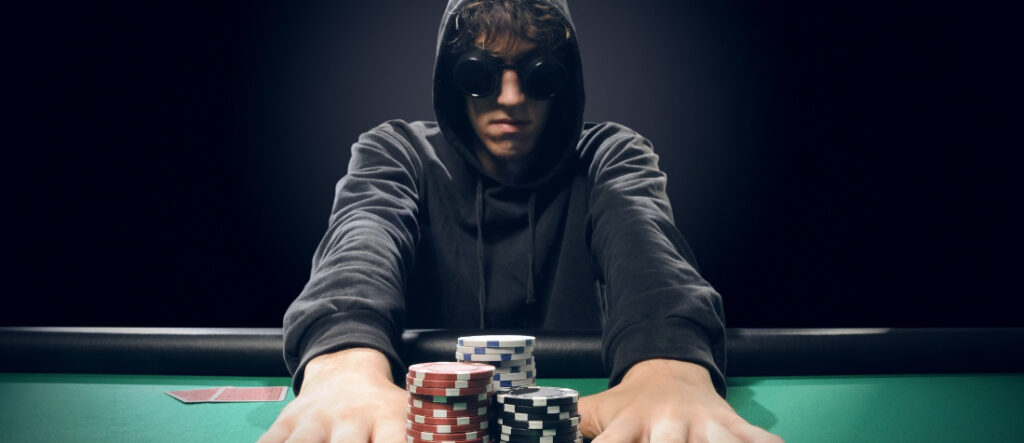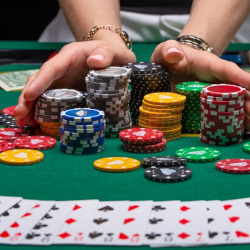Bluffing Basics: When to Hold ‘Em and When to Fold ‘Em

Bluffing is a crucial part of poker that can greatly influence your gameplay. Bluffing is about making your opponents think you have a better hand than you do. This psychological strategy can lead your opponents to fold, allowing you to win pots without having the best cards. Successful bluffing demands courage and a solid understanding of the game and your opponents. Thus, we share the bluffing basics to help you become a better poker player.
You must first grasp the fundamentals of poker hand rankings to bluff effectively. Familiarizing yourself with the relative strength of hands enables you to assess when your bluff might have the best chance of succeeding. For instance, if you know that a specific hand ranks high, bluffing against players holding weaker hands becomes more feasible. According to a casino software provider, understanding the nuances of hand strengths allows you to craft convincing narratives when you decide to bluff.
Moreover, consider the context of the game. Different situations, such as your position at the table and the number of players remaining, can influence your bluffing strategy. For example, bluffing in an early position may be riskier, as more players will act after you. Conversely, if you’re in a late position, you might find it easier to gauge the strength of your opponents’ hands before moving. Recognizing these dynamics will help you decide when to bluff and hold your cards close to your chest.
Key Factors to Consider Before Bluffing
Before you decide to bluff, several critical factors warrant your attention.
 Assess the Current State of the Game:
Assess the Current State of the Game:
- Determine if the pot size justifies a bluff; larger pots can encourage folds, while small pots may not offer enough reward.
- Analyze previous betting patterns; aggressive bets from opponents may indicate strength, making your bluff less credible.
Consider Your Table Image:
- Reflect on how opponents perceive your playstyle—conservative players trying to bluff may raise suspicion, while aggressive players may go unnoticed.
- Maintain a consistent table image to enhance the effectiveness of your bluffing strategies and adjust your playstyle to remain unpredictable.
Timing is Crucial:
- Effective bluffs often align with a board texture that supports your narrative; community cards suggesting a strong hand can make your bluff more believable.
- Be mindful of the board and how it relates to potential hands your opponents might hold.
Reading Your Opponents: Essential for Effective Bluffing
Reading your opponents is one of the most vital skills you can develop in poker. This involves observing their betting patterns, body language, and reactions to various situations during the game. By carefully analyzing these elements, you can better understand their hand strength and strategy, allowing for more informed bluffing decisions. However, this can be hard to do when you play online poker.
Start by paying attention to how your opponents react to different scenarios. Do they become more aggressive when they have strong hands, or do they play passively? Noticing these trends can help you identify moments when they may be vulnerable to a bluff. If you find an opponent who consistently folds to aggression, that could be an ideal target for your bluffing attempts. Conversely, if someone rarely folds, you might want to reconsider before bluffing against them.
Moreover, the psychological aspect of the game should be considered. Each player has a unique mindset and approach to risk. Some players may be more prone to bluffing themselves, while others may be risk-averse. Understanding these psychological traits will help you tailor your bluffing strategy. Chat with them and observe their behavior at the table and during breaks. According to online poker reviews, building a psychological profile of your opponents can significantly enhance your ability to bluff successfully.
Mastering the art of bluffing is a journey that requires practice, patience, and a willingness to learn from both victories and defeats. As you develop your skills, remember that bluffing is not merely about deception; it’s about creating a narrative that your opponents believe. The more you understand the game, your opponents, and the dynamics at play, the better you will be to execute successful bluffs.








